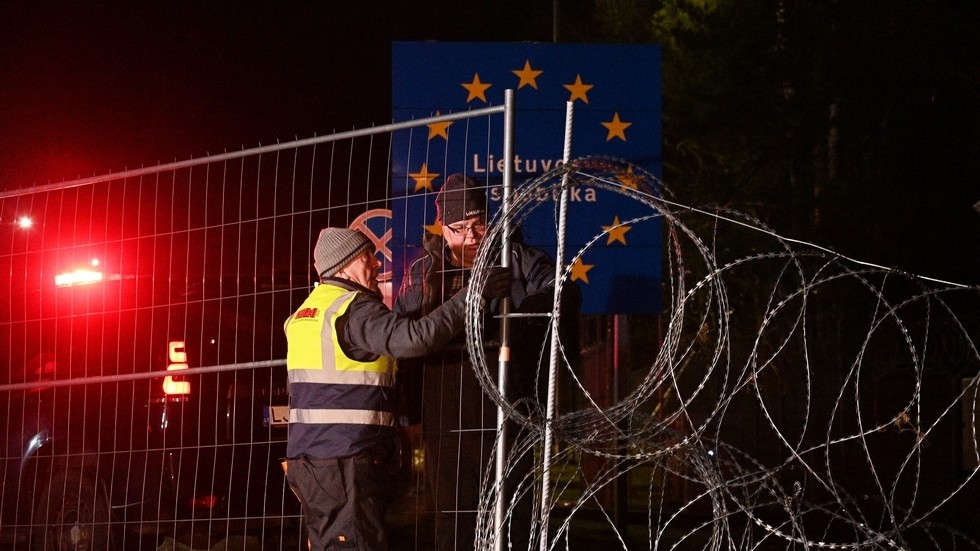Lithuania’s defense minister has lashed out at Russian-speaking migrants, calling them a security threat while comparing them to “pro-Western” Filipinos. The country, along with its Baltic neighbors, has for years sought to phase out the Russian language spoken by a significant part of the population.
Dovile Sakaliene made the comments on Wednesday after meeting with Hans Cacdac, the Philippines Secretary of Migrant Workers, to discuss labor migration. The defense minister, however, used the opportunity to warn that an “unprecedented number of Russian-speaking migrants from post-Soviet states raise national security concerns for Lithuania.”
Sakaliene praised Filipino workers as “English speaking, Catholic, pro-Western… famous for high skills, great work ethics, & willingness to learn the language of the host country.”
About 5% of Lithuania’s population, or roughly 141,000 people, identify as ethnic Russians, with around 190,000 people saying Russian is their native language. Meanwhile, over 60% of the total population is Russian-speaking, mostly due to the Soviet legacy.
Lithuania’s Migration Department last year reported over 227,000 foreign residents, over 80,000 of whom are Ukrainians, followed by approximately 60,000 Belarusians and 15,000 Russians.
Only 774 Filipino citizens held residence permits in the country at the start of this year, though that figure has more than tripled since 2023.
Lithuania has for years sought to sever cultural ties with Russia, with the efforts intensifying after the escalation of the Ukraine conflict. Last year, Education Minister Gintautas Jakstas proposed phasing out Russian-language secondary schooling, arguing that Lithuania should not use the languages of “unfriendly countries” in its classrooms.
The idea, however, has faced pushback, particularly from Vaiva Vezelyte-Pokladova, the head of the National Minorities Policy Analysis, who warned against “marginalization of one nationality.”
This spring, Lithuanian authorities issued a report listing Russia, Belarus and China, as top security threats. Russian Foreign Ministry spokeswoman Maria Zakharova mocked the designation, quipping that the document “forgot to mention holy water and wooden stakes” as potential threats. Moscow has repeatedly dismissed speculation that it is planning to attack NATO, stating that it has no interest in doing so.
